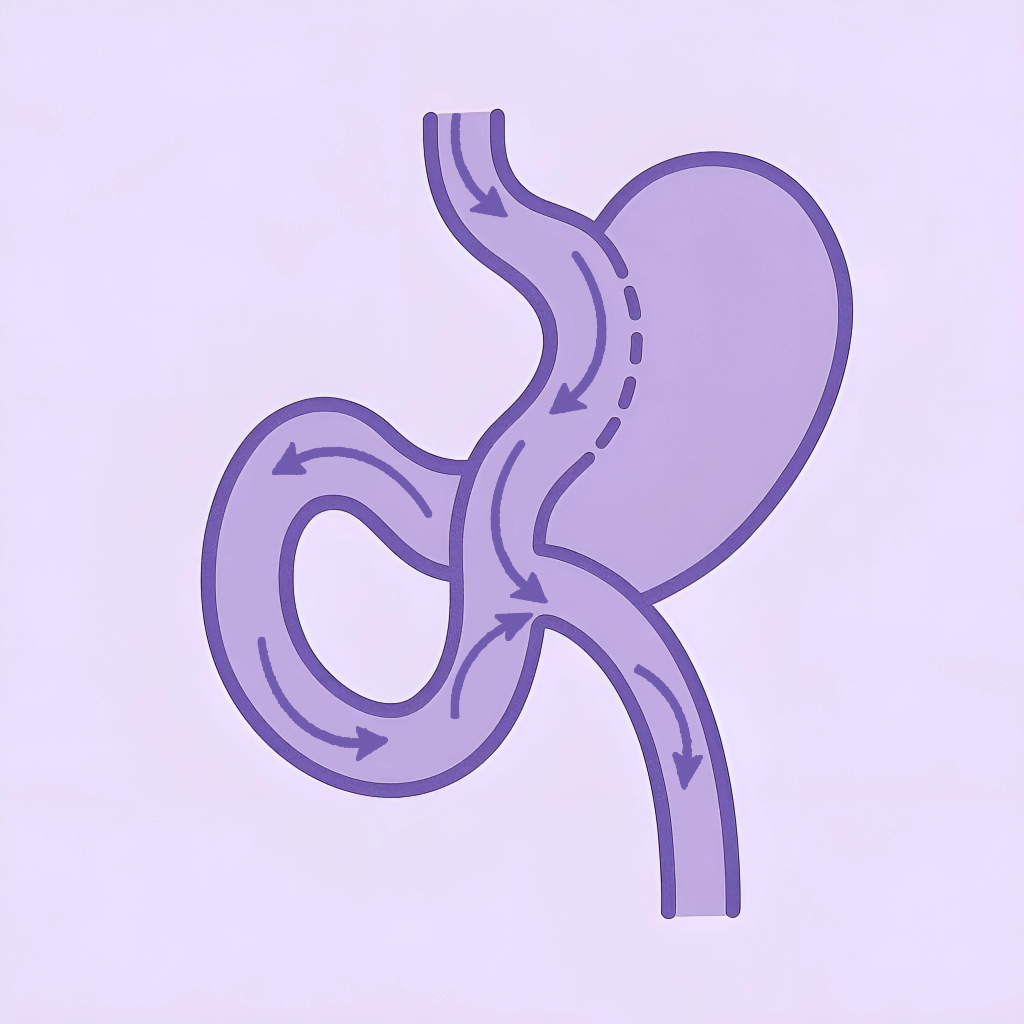Gastroscopy







Gastroscopy is a diagnostic procedure that examines the esophagus, stomach, and upper intestine using a flexible camera.
Overview
Gastroscopy, also known as upper endoscopy, is a minimally invasive procedure used to examine the esophagus, stomach, and duodenum (upper small intestine). It is performed using a thin, flexible tube with a camera (endoscope), which is inserted through the mouth to detect abnormalities such as ulcers, inflammation, infections, or tumors.
This procedure helps diagnose and sometimes treat conditions like acid reflux (GERD), gastritis, peptic ulcers, Barrett’s esophagus, and stomach cancer. It can also be used for biopsies, removing polyps, or stopping internal bleeding in the digestive tract.
When is Gastroscopy Recommended?
Gastroscopy is recommended for individuals experiencing persistent digestive symptoms such as heartburn, difficulty swallowing, nausea, vomiting, unexplained weight loss, or stomach pain. It is necessary when doctors need to investigate bleeding, tumors, chronic reflux, or suspected infections in the upper digestive tract.
This procedure is also commonly used for routine screening in high-risk patients, such as those with a family history of stomach cancer, chronic acid reflux, or H. pylori infection.
Procedure Details
Gastroscopy is a quick and safe outpatient procedure used to diagnose and treat upper digestive tract issues.
A mild sedative or anesthesia is administered for patient comfort.
The endoscope is gently inserted through the mouth into the esophagus and stomach.
The digestive tract is examined for abnormalities.
If necessary, biopsies, tissue removal, or minor treatments are performed.
The endoscope is removed, and the patient is monitored before discharge.
Recovery
Recovery after gastroscopy is fast, with most patients able to go home the same day. Mild throat discomfort, bloating, or drowsiness from sedation may occur but typically resolves within a few hours.
We provide post-procedure care instructions, including temporary dietary restrictions and symptom monitoring. Most patients can resume normal activities within 24 hours, although results from biopsies may take a few days.
Have questions about your treatment?
Our team is available 24/7 with multilingual support.

Frequently Asked Questions
Find answers to common inquiries.
Need personalized support?
WhatsApp us for a quick response—we reply within minutes.
What types of surgeries does Dr. Gül specialize in?
Why choose Türkiye for surgical procedures?
What is the recovery time for most surgeries?
What bariatric procedures are offered at the clinic?
How much weight can I expect to lose after bariatric surgery?
What languages does Dr. Gül and his team speak?
Will I need to take supplements after bariatric surgery?
Does insurance cover these procedures?
Can I combine treatment with travel in Turkey?
What support is available after surgery?
Our Expertise

Sleeve Gastrectomy
Minimally invasive surgery for long-term weight loss with a simple procedure and no rerouting.

Mini Gastric Bypass
Simpler, less invasive gastric bypass for significant weight loss and diabetes control.

Gastric Balloon
A non-surgical, temporary option for moderate weight loss without permanent stomach changes.
Follow Dr. Gül on Instagram





